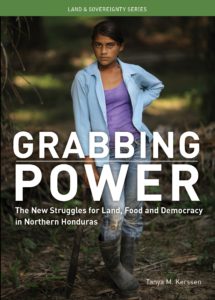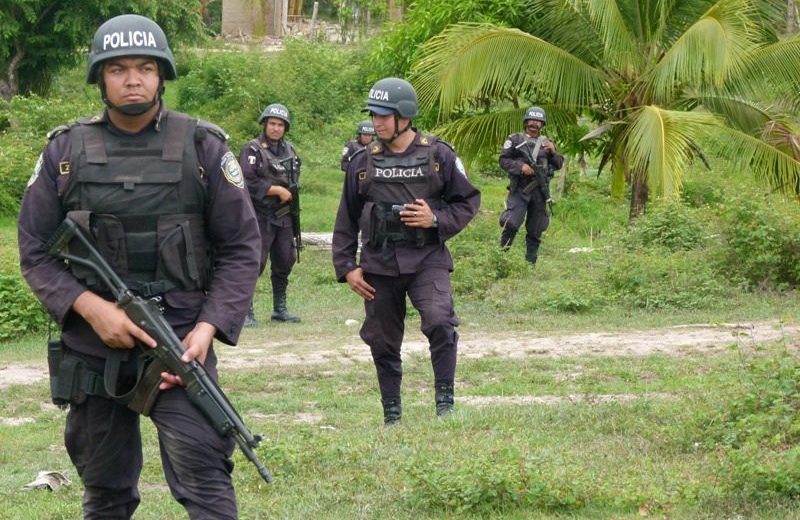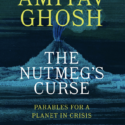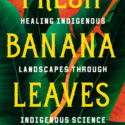 In 2009, Honduran elites financed a coup to grab land and power. The peasants of the Aguán Valley are fighting to grab it back…for their families, local economies, and the future of democracy.
In 2009, Honduran elites financed a coup to grab land and power. The peasants of the Aguán Valley are fighting to grab it back…for their families, local economies, and the future of democracy.
Grabbing Power: The New Struggles for Land, Food, and Democracy in Northern Honduras
Praise for Grabbing Power
“If you want a deeper understanding of the global land grab emergency, you can’t do better than this book. Through meticulous research, unapologetic attention to history, and crackling critique…this book reminds us not just why, but what we fight.”
–Naomi Klein, author of The Shock Doctrine and Avi Lewis, director of The Take
“With this chilling description of the impacts in Honduras of the new scramble towards land and resources, Tanya Kerssen gives faces, and voices, to what is all too often described through statistics and trends—an anonymization that is also a silencing. This is required reading for those who wish to understand land grabbing from the point of view of the victims.”
–Olivier De Schutter, United Nations Special Rapporteur on the Right to Food
“Grabbing Power represents a timely and inspiring challenge to the swelling ‘land grab’ literature. Tanya Kerssen situates the current land grab in Honduras as more than a momentary putsch–rather, a power play against a land and democracy movement generated by previous neoliberal land grabs in the 1990s. The story is one thing, and it is powerful; the challenge is another, namely, that land grab analyses need to take account of the full range and genealogy of political forces at work.”
– Philip McMichael, Professor of Sociology, Cornell University




